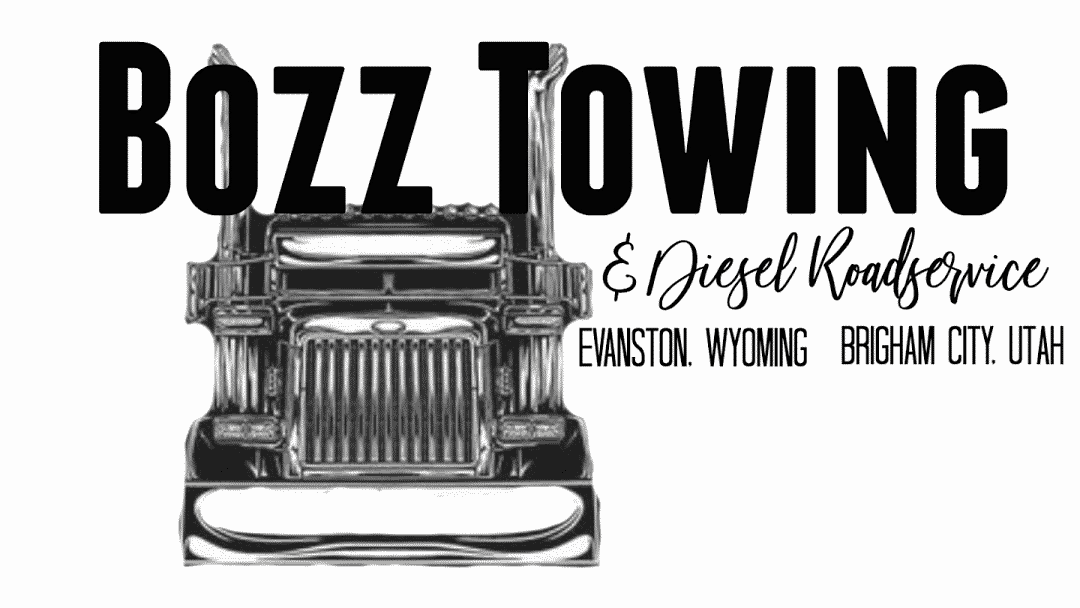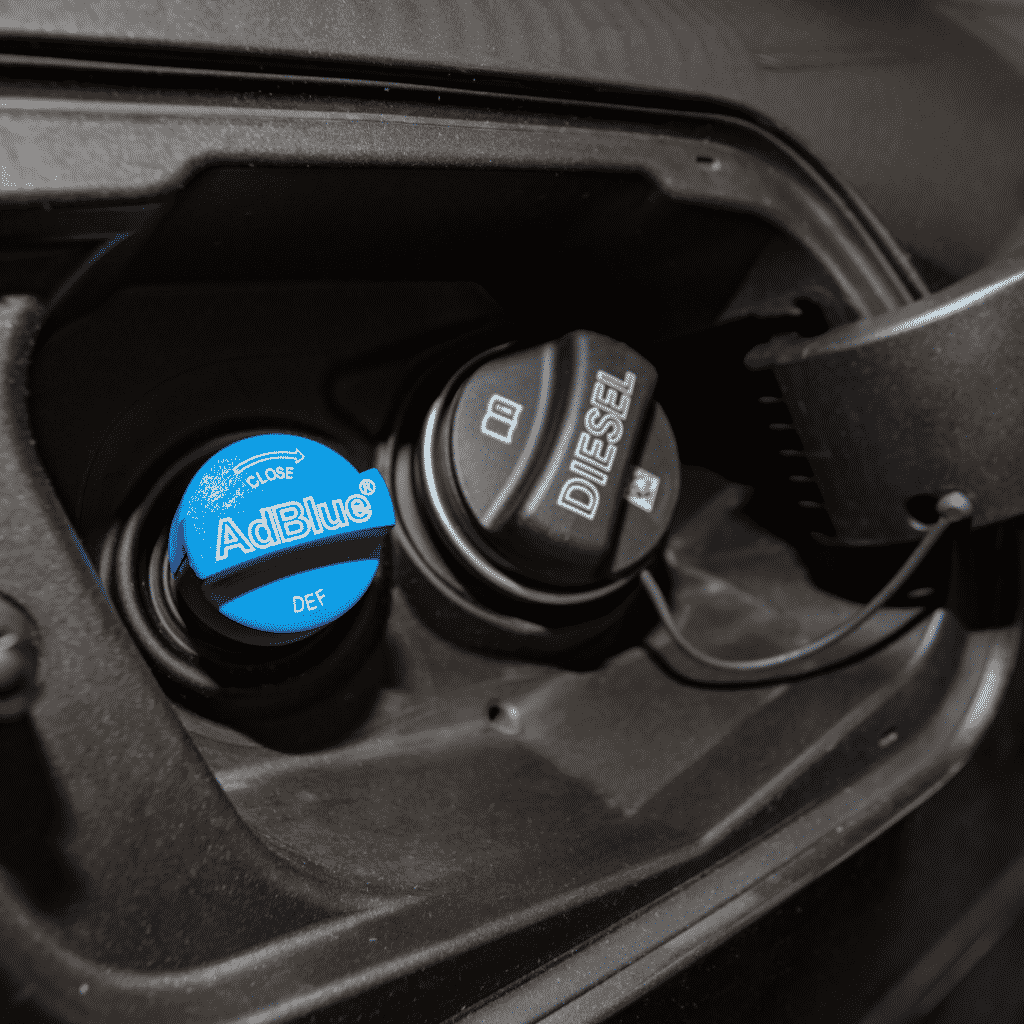If you’re a truck driver, then you know how important it is to keep your diesel exhaust fluid (DEF) system in good condition. DEF reduces emissions from diesel engines, and if it’s not kept clean and functioning properly, your engine can’t run as efficiently. In this blog post, we’ll discuss some common diesel exhaust fluid problems and tips for keeping your DEF system in good shape.
What is DEF?
DEF is a water-based solution that contains 32.5% urea and 67.5% deionized water. It’s of use in diesel engines to help reduce emissions, and it needs to replenish on a regular basis. If you don’t keep your DEF system clean and maintained, you’ll likely experience problems with your engine.
How does DEF work?
DEF is injected into the diesel exhaust stream, where it reacts with the hot exhaust gases and breaks down into ammonia and carbon dioxide. The ammonia then helps to convert the nitrogen oxides (NOx) into harmless nitrogen and water vapor.
Because the fluid is used up while the system is operating normally, it necessitates that the owner of the vehicle keeps an eye on both the level and when it needs to be refilled.
Common Diesel Exhaust Fluid Problems
If you’re experiencing problems with your diesel exhaust fluid system, here are some of the most common issues:
- Low DEF levels: If your DEF level is low, your truck won’t be able to run properly. You’ll likely see a “DEF tank empty” warning light on your dashboard, and your truck will start slowing down. Make sure to refill your DEF tank as soon as possible.
- Dirty DEF: If the DEF solution becomes dirty or contaminated, it can clog up the injectors and prevent the system from working properly. You might see a “DEF quality poor” warning light on your dashboard, and your engine performance will suffer. Make sure to have your DEF system flushed and refilled with fresh solution if this happens.
- Exhaust filter clogged: The exhaust filter can become clogged with soot or other debris, which can prevent the DEF from flowing properly. You might see a “DEF filter blocked” warning light on your dashboard. Make sure to have your exhaust filter cleaned or replaced if this happens.
- Crystallization: Crystallization can happen in two ways: over-dosing and hard water top-ups. Over-dosing happens when too much DEF is added to the system. This can lead to crystalized deposits in the exhaust or injector nozzle. Hard water top-ups occur when the hardness of the water in the system reaches a certain level and new DEF is added to maintain the correct ratio. If you have a DEF injector nozzle that is not closed all the way, or your DEF lines and pump are not working correctly, it could lead to an over-dose of DEF. Adding hard water to your DEF system can also cause scale or deposits to form.
- UREA Concentration (Dilution): If you dilute DEF by adding too much water, it will not work as well to reduce the amount of NOx emissions. Most DEF is already pre-mixed, but if you need to top it up, make sure the concentrations stay consistent.
- Other Fluid Contaminants: Contamination of the DEF tank with other fluids such as diesel fuel, coolant, or engine oil can wreak havoc on the SCR system and cause the engine to shut down.
DEF System Maintenance and Tips
To avoid problems with your diesel exhaust fluid system, make sure to follow these tips:
- Check your DEF level regularly: You should check your DEF level at least once a week. If it’s low, make sure to refill it as soon as possible.
- Store DEF in a cool, dry place: DEF can degrade if it’s in a hot or humid environment. Make sure to store your DEF in a cool, dry place, such as a garage or shed.
- Use only fresh, high-quality DEF: Using old or contaminated DEF can cause problems with your engine. Make sure to use only fresh, high-quality DEF in your system.
- Have your system serviced regularly: It’s a good idea to have your diesel exhaust fluid system serviced by a professional every 6 months. This will help ensure that it’s functioning properly and that there are no potential problems.
If you’re experiencing any problems with your diesel exhaust fluid system, make sure to consult your dealer or a professional mechanic for help.
FAQs
Q. What is Selective Catalytic Reduction (SCR)?
The SCR system transforms a diesel engine into an emissions-free vehicle by using urea-based diesel exhaust fluid (DEF) and a catalytic converter to substantially reduce oxides of nitrogen (NOx).
Q. How does an SCR system work?
The SCR system reduces the levels of harmful oxides of nitrogen that emit from engines. The SCR system is an after-treatment technology that treats exhaust gas that comes out of the engine. Small quantities of DEF are injected into the exhaust system upstream of a catalyst, where it vaporizes and decomposes to form ammonia and carbon dioxide. Ammonia is the desired product which, when combined with the SCR catalyst, turns the NOx into harmless nitrogen and water.
Q. How will I know that the DEF product I purchase will work?
The DEF you choose should bear and display the API certification. This will ensure that the urea is of the appropriate purity (32.5 percent) and concentration.
Q. Can I make DEF myself?
No. DEF must be mixed with deionized or distilled water to a ratio of 2.5 gallons of water to 1 gallon of DEF. The mixture must meet a purity level of 32.5 percent urea and 67.5 percent demineralized water. It is not possible to produce DEF at home that will meet the required standards for use in diesel exhaust systems.
Q. Is the 32.5% urea solution critical?
Yes, the 32.5% urea concentration is the best option because it provides the lowest freeze point. SCR systems will also calibrate to 32.5%, ensuring that maximum NOx is reduced during operation.
Q. What is the freezing point of DEF?
A 32.5% solution of DEF will start to freeze at 12 deg F (-11 deg C). When the solution is 32.5%, both the urea and water will freeze at the same rate. This means that when it thaws, the fluid will not become diluted or over concentrated. The freezing and thawing of DEF will not affect its ability to reduce NOx.
Q. Does DEF expand when frozen?
DEF will expand by approximately 7% when frozen. DEF packaging and tanks allow for this expansion.
Q. How much does DEF weigh?
Around 9 pounds per gallon.
Q. How do I keep the DEF from freezing? What happens if the DEF freezes in the tank on the vehicle?
When the vehicle is turned off, the SCR system is designed to keep the DEF tank and the lines that supply it warm. If DEF freezes, the vehicle will start up and operate normally. The SCR heating system is intended to quickly convert the DEF back to liquid form. The operation of the car will not be affected. The freezing and thawing of DEF will not harm it.
Q. What happens if the vehicle runs out of DEF?
Vehicles that use DEF will have indicators on the dash that tell the driver how much DEF is left. A gauge similar to a fuel gauge will indicate these levels. There will be a warning light on the dashboard that will turn on when DEF is low. The engine will resume regular power levels after the tank has been refilled.
Q. What is the shelf life of DEF?
DEF has an unlimited shelf life if it is stored in a cool, dry place. However, it is recommended that DEF be used within one year of purchase to ensure optimal performance.
Keep Your Rig in Tip Top Shape with Bozz Towing
So, now you know the basics of how a def system works and some common problems that can occur. But what about maintenance? Luckily, our team of experts is here to help with that too. Contact us today for all your diesel repair and maintenance needs and we’ll be happy to help keep your def system up and running smoothly.

